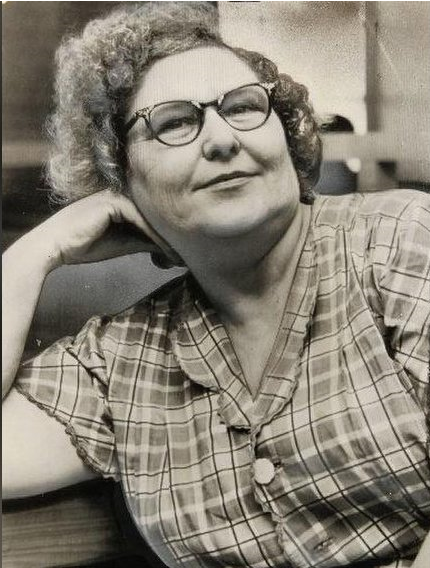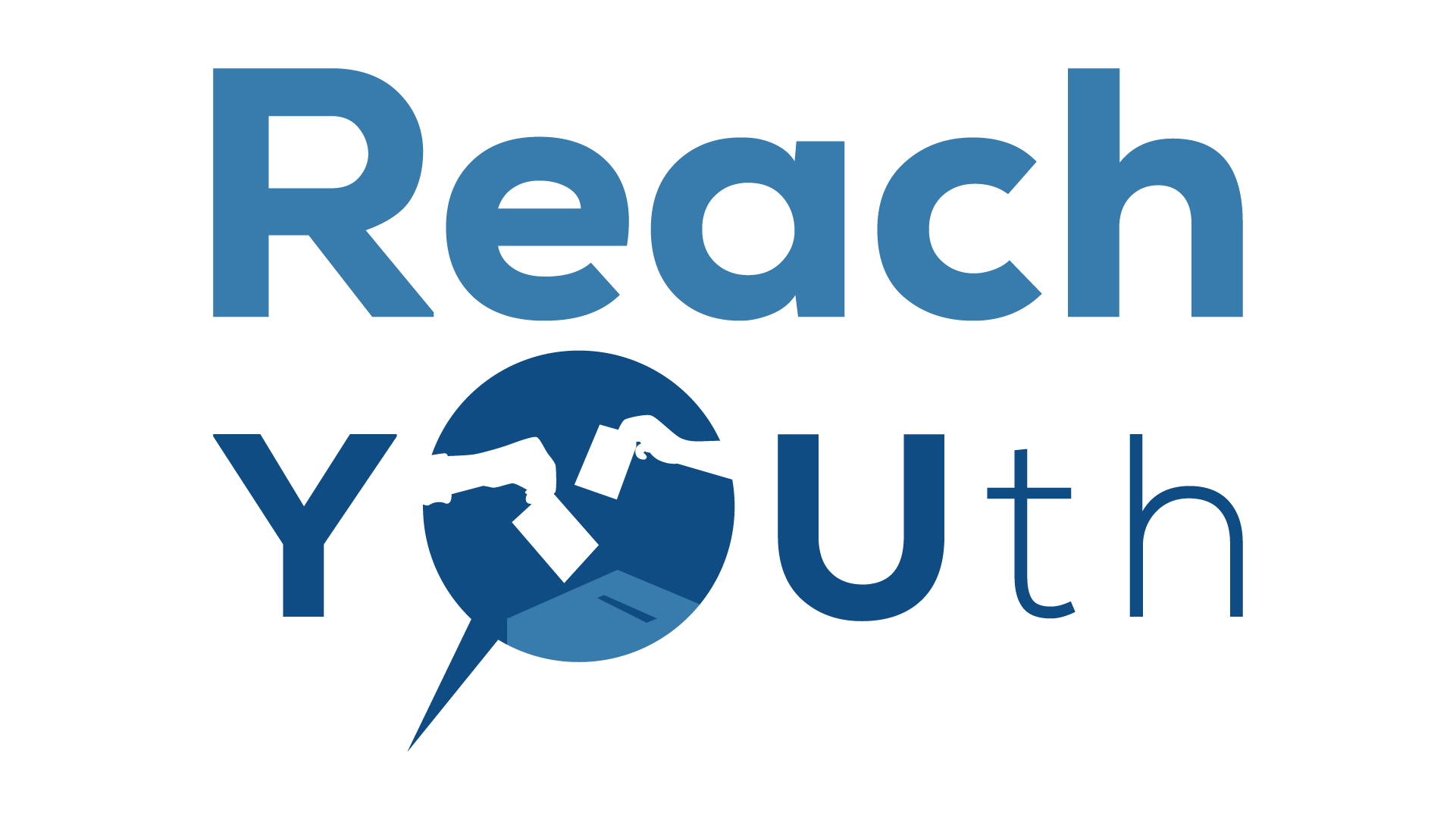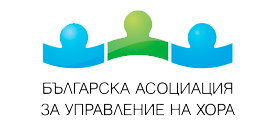The Training Module on Communication and Conflict Resolution by Reach Youth Project Is Ready
Reach Youth project is moving successfully forward the Module on Communication and Conflict Resolution is ready. While creating it we have taken a 4-step approach to promoting personal, communicative and emotional competencies:
During our Face-to-Face Training that was carried out online due to Covid-19 restrictions, we have tested some of the activities of IO3 Supplementary Module Communication and Conflict Resolution.
Here is a teaser for you, from the exercise named “Who is on the picture?”
So look at this picture and try to guess what is the profession of this person:

Does she look like a warm person?
The exercise “Who is on the picture?” is part of Social Awareness chapter of the Module.
It aims to help us overcome the prejudices we have and pushes us to approach people mindfully , but without judgment. Research suggests a tenth of a second is all it takes to start determining traits like trustworthiness (competence).
So what is your guess about the picture above?
Here is the truth: the woman on the picture is Nannie Doss, who was recognized as a black widow in Tulsa, Oklahoma, after murdering five husbands. Surprisingly enough, the authorities did not discover her spousal murders until after her connection to other killings in the city was revealed.
In our tests – 80% of respondents have assumed that this person has a very warm personality, being a nice grandma or secretary back in 40s-50s.
The goal of ““Who is on the picture?” exercise is to sensitize the participants towards their own stereotypes and prejudices. It introduces the concepts of stereotypes and prejudices and leads to discussion why it is important to know your own stereotypes and prejudices. It also helps participants become more aware of the factors that influence stereotypes and serves as a basis for discussion on what we can do to reduce stereotypes and prejudices.
If you would like to receive a link to download the Supplementary Module Communication and Conflict Resolution, please write to us at bimec@bimec-bg.eu or through the contact form of this website.
To stay nformed of the latest developments of Reach Youth tools - register for our Newsletter.


The European Commission support for the production of this publication does not constitute an endorsement of the contents which reflects the views only of the authors, and the Commission cannot be held responsible for any use which may be made of the information contained therein.
- Development of self-awareness - the ability to recognise and understand our own feelings. We begin by building vocabulary for emotions, recognising the physical and behavioural aspects of these emotions, how they affect us and with what consequences. This will help both youth workers and disadvantaged young people to avoid the pitfalls of negative emotions and to use the power of positive emotions.
- Development of self-management. Disadvantaged young people will learn how to manage their emotions more successfully. They will achieve better emotional self-regulation and be able to better deal in situations of different opinions, values, opposing views and conflicting values.
- Development of social awareness. In this step, disadvantaged young people get to know the social environment - how social contexts and groups influence people's behaviour and understand the underlying emotions and motivations of other people. They will acquire the ability to change the perspective and understand the viewpoint of other people.
- Development of social competences (relationship management). Disadvantaged young people will improve their communication and conflict resolution skills. This will lead to appreciative communication, acceptance of others, away from guilt and confrontation and towards constructive communication.
During our Face-to-Face Training that was carried out online due to Covid-19 restrictions, we have tested some of the activities of IO3 Supplementary Module Communication and Conflict Resolution.
Here is a teaser for you, from the exercise named “Who is on the picture?”
So look at this picture and try to guess what is the profession of this person:

Does she look like a warm person?
The exercise “Who is on the picture?” is part of Social Awareness chapter of the Module.
It aims to help us overcome the prejudices we have and pushes us to approach people mindfully , but without judgment. Research suggests a tenth of a second is all it takes to start determining traits like trustworthiness (competence).
So what is your guess about the picture above?
Here is the truth: the woman on the picture is Nannie Doss, who was recognized as a black widow in Tulsa, Oklahoma, after murdering five husbands. Surprisingly enough, the authorities did not discover her spousal murders until after her connection to other killings in the city was revealed.
In our tests – 80% of respondents have assumed that this person has a very warm personality, being a nice grandma or secretary back in 40s-50s.
The goal of ““Who is on the picture?” exercise is to sensitize the participants towards their own stereotypes and prejudices. It introduces the concepts of stereotypes and prejudices and leads to discussion why it is important to know your own stereotypes and prejudices. It also helps participants become more aware of the factors that influence stereotypes and serves as a basis for discussion on what we can do to reduce stereotypes and prejudices.
If you would like to receive a link to download the Supplementary Module Communication and Conflict Resolution, please write to us at bimec@bimec-bg.eu or through the contact form of this website.
To stay nformed of the latest developments of Reach Youth tools - register for our Newsletter.


The European Commission support for the production of this publication does not constitute an endorsement of the contents which reflects the views only of the authors, and the Commission cannot be held responsible for any use which may be made of the information contained therein.

